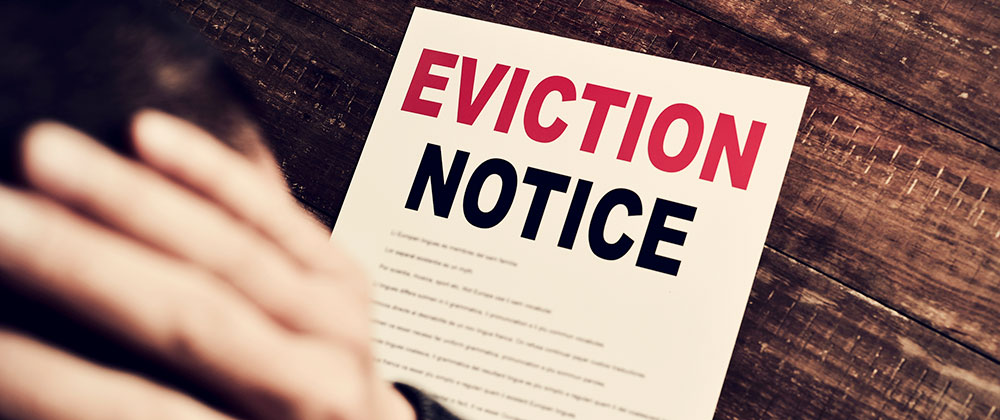Blog

Florida Evictions During the Covid-19 Pandemic And Beyond
DEFINITION OF EVICTION
Eviction defined by Black’s law dictionary as to dispossess, or turn out of the possession of lands by process of law. Also, the landlord must recover on an eviction case by judgment of law.
Why DOES THE EVICTION PROCESS OCCUR?
An eviction occurs due to the tenant not paying rent or not paying rent on time, then the landlord must demonstrate to the court that there is a contract that has been put into effect and the landlord is losing money due to noncompliance of the tenant due to the tenant not paying on time or not even paying the rent.
TENANT’s RIGHTS ON EVICTION
It is illegal for a landlord to evict a tenant in response to exercising a legally protected right. These include:
- Complaining to the landlord about an issue with the property.
- Contacting a local or government agency about an issue with the property.
- Joining, supporting or organizing a tenant union or organization.
- Pursuing legal action against the landlord.
- Withholding rent for a legally acceptable reason.
LANDLORD ENTITLED TO IN EVICTION
Many times, landlords are just happy to get the tenants out of their rental properties. However, once final judgment has been issued by the Judge, the landlord is able to obtain attorney’s fees and costs, and the rental income. In this recent case, Ortuzar v. Foley 47 FLW D1078 (Fla. 2d DCA May 18th, 2022), the court held that there needs to be a final judgment in order for attorney’s fees and costs to be paid. A voluntary dismissal of the eviction is not a sufficient case to obtain attorney’s fees and costs. The question remains will the tenant be able to pay the Judgment and finding ways to make the tenant pay the Judgment in an eviction case such as putting a lien on any property or obtaining a garnishment of wages.
SELF-HELP MEASURES NOT ALLOWED BY LANDLORD
In Florida, you are never allowed to evict a tenant without a court order. The landlord must receive a Final Judgment of Removal to evict the tenant, and cannot enact self-help measures such as changing the locks, shutting of the utilities, or removing the tenant’s belongings without a Final Judgment of Removal of the Tenant.
COVID PANDEMIC MEASURES TO PROTECT TENANTS HAVE NOW SUNSET
During the Covid pandemic, there were many safeguards for the tenant in case they lost their job due to Covid. The federal government enacted the Coronavirus Aid, Relief, and Economic Security (CARES) Act which was signed into law by March 27, 2020 by President Donald Trump. This Act has sunset on March 27, 2020.
The United States Department of Treasury’s Emergency Rental Assistance Program (ERAP) made $46.55 billion available nationally to help renters who were unable to pay rent or utilities including an allocation of $1.4 billion to help Florida renters. There are some landlords that became part of the ERAP Program, so they could obtain money from the federal government. In order to evict a tenant, the landlord must not be a part of the ERAP Program. Otherwise, the court will presume that the landlord is receiving federal funds.
The CDC Order declaring a moratorium on most evictions to prevent the spread of COVID-19 was terminated by the United States Supreme Court on August 26, 2021. There are very few protections for tenants in Florida facing eviction that is why it is very important to hire a good attorney, such as Barash-Schatten Law Firm, P.A. at 305-868-7800.

